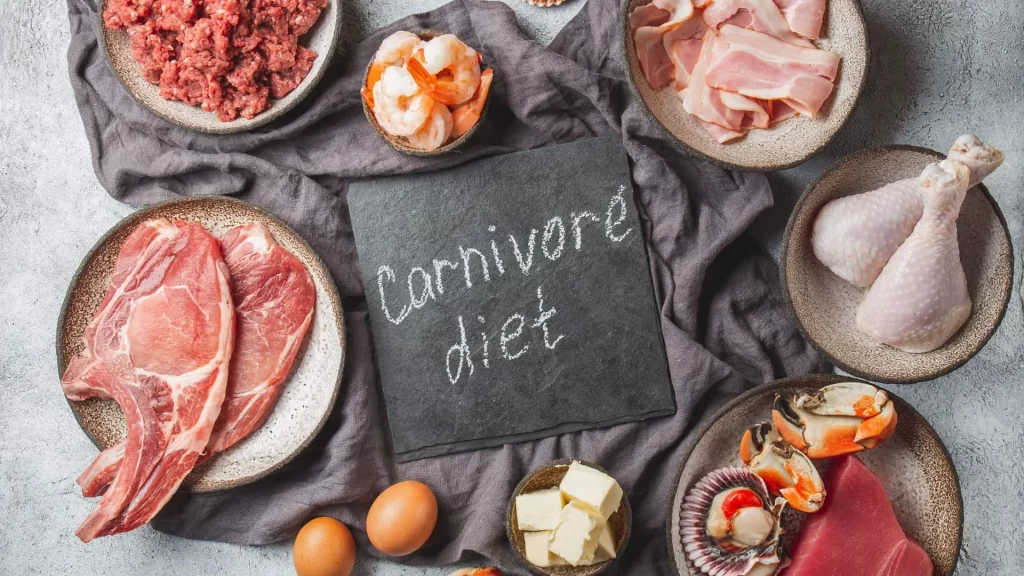
The Carnivore Diet is a relatively new way of eating based on consuming only animal products. This includes meat, fish, eggs, and dairy but excludes all plant-based foods. The diet has recently gained popularity due to its simplicity and purported health benefits.
The proponents of the carnivore diet claim that the carnivore diet can lead to weight loss, improved mental clarity, and increased energy levels. Additionally, the diet can help reduce inflammation and improve gut health.
However, there is limited scientific research on the carnivore diet and its potential benefits. Therefore, the diet may only be suitable for some, as it can be challenging to get all the nutrients your body needs from animal products alone.
Things you need to know about the carnivore diet
Sure, you can lose weight on the Carnivore Diet. And, sure, you can get some pretty amazing results. But there are some things you need to know before you jump on the bandwagon.
- The Carnivore Diet is a high-fat, low-carb diet.
This means that you will eat mostly meat, fat, and very few carbohydrates.
- The Carnivore Diet is not for everyone.
If you have a history of heart disease, diabetes, or high blood pressure, this diet is not for you.
- The Carnivore Diet can be dangerous.
If you do not know what you are doing, you could end up in the hospital. This diet is not for beginners.
- The Carnivore Diet is not sustainable.
You can not live on meat and fat forever. At some point, you will have to add some carbs back into your diet.
Carbs get a bad rap. When you digest carbs, your body turns them into glucose for energy. This is why you get a blood sugar spike after eating a sandwich or drinking a soda. The more refined the carbs are, the faster they are turned into glucose, and the more likely you will have a blood sugar crash. Carbs also get a bad rap because they are often associated with unhealthy food. But every carb is not a bad carb.
Two cars exist – complex carbs and simple carbs. Complex carbs are made of sugar molecules and take longer to digest. They include starchy vegetables (potatoes, peas, corn), legumes (beans, lentils), grains (brown rice, oats, quinoa), and fruits (apples, bananas, berries). Simple carbs are made up of one or two sugar molecules and are digested quickly. They include refined grains (white rice, white pasta, white bread) and sugary foods (candy, cookies, sugary drinks).




